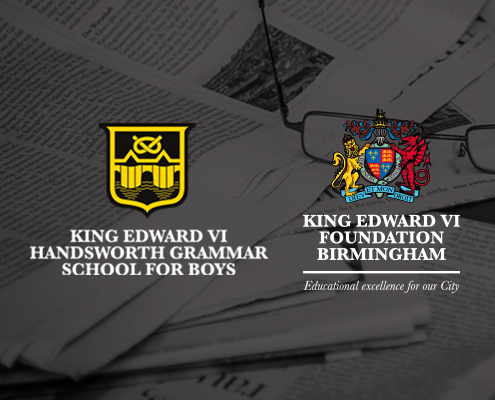Our recent ski trip to La Thuile in the Aosta Valley was nothing short of a breathtaking experience, with beautiful scenery, slopes of varying difficulty and unforgettable moments. As well as the skiing, our group engaged in a variety of après ski activities, contributing to the trip’s overall success.
Travelling to Italy on the coach (and ferry) was an experience itself, spanning an approximate 20-hours. Nevertheless, the hours passed quickly on the journey, filled with chatter, snacks, rest, more snacks and a shared joy of finally reaching the hotel.
After arriving on our first day (and having our boots and skis fitted) we had time to recover and settle into our new surroundings. The inviting Hotel Valdigne in the village of Morgex provided cozy rooms with incredible scenery of the snowy peaks to admire. We also visited the local supermarket to stock up on snacks, and then a nearby bar to watch football. The calm atmosphere allowed us to settle there as we rested ready to take on the adventures of the next day.
Skiing: Three out of the four ski groups began on the beginner slopes which offered an exciting introduction to the world of skiing. With great enthusiasm, we took on the task of learning the fundamentals of skiing under the direction of our skiing instructors. The gentle slopes provided the ideal place for this and although we took a few falls, we got back up ready for a harder challenge. After that, we moved onto the more challenging slopes further up the mountain. With many good laughs, delightful hot chocolate and occasional falls, we were left with lasting memories. We glided down the varieties of slopes surrounded by the winter landscape and skiers of all levels, navigating challenging runs.
Pizza night: A highlight of our trip was visiting nearby Courmayeur to explore the up-market shops and enjoy our pizza night. Before eating, we strolled through the cobblestone streets with twinkling lights and stylish window displays and wandered into unique shops as locals passed by. Finally, we all gathered in one of the most famous pizzerias in the town to enjoy mouthwatering, stone baked pizza. The pizza kept coming until we were full; the warmth of the pizzeria and the laughter of friends resulted in a very enjoyable experience for all.
Sports Hall: For the sports enthusiasts, we had a football night with 4 teams. We engaged in friendly matches with intense play and goals, and were joined by several Interski staff. Mr. Bird said he was the player of the evening although none of his goal attempts were successful! The matches showcased a diverse range of skills and competitiveness and left us with more everlasting memories.
Bowling night: On one afternoon after skiing, we headed to the town of Aosta and the glossy lanes of the local bowling alley, turning the evening into a spirited and fun-filled bowling display. The alleys echoed with laughter and the clatter of pins, as different groups engaged in friendly competition. As the bowling rounds ended, we explored the small arcade there and witnessed a ‘friendly’ match of pool between Mr. Jones and Mr. Bird. Filled with even more funny moments, the day came to an end.
Presentation and quiz night: Our group participated in a quiz night as the last evening activity of the trip. Preceding this, we were given certificates and badges by our instructors and treated to a short song played by one instructor.
The last day was filled with another exhilarating session of skiing, after which we headed back to the hotel to change and eat, ready to leave the Aosta Valley with lasting memories and embark upon our long journey home, sad to be leaving.
Hrithik, Year 9




Click here to view more photos in the gallery.



























